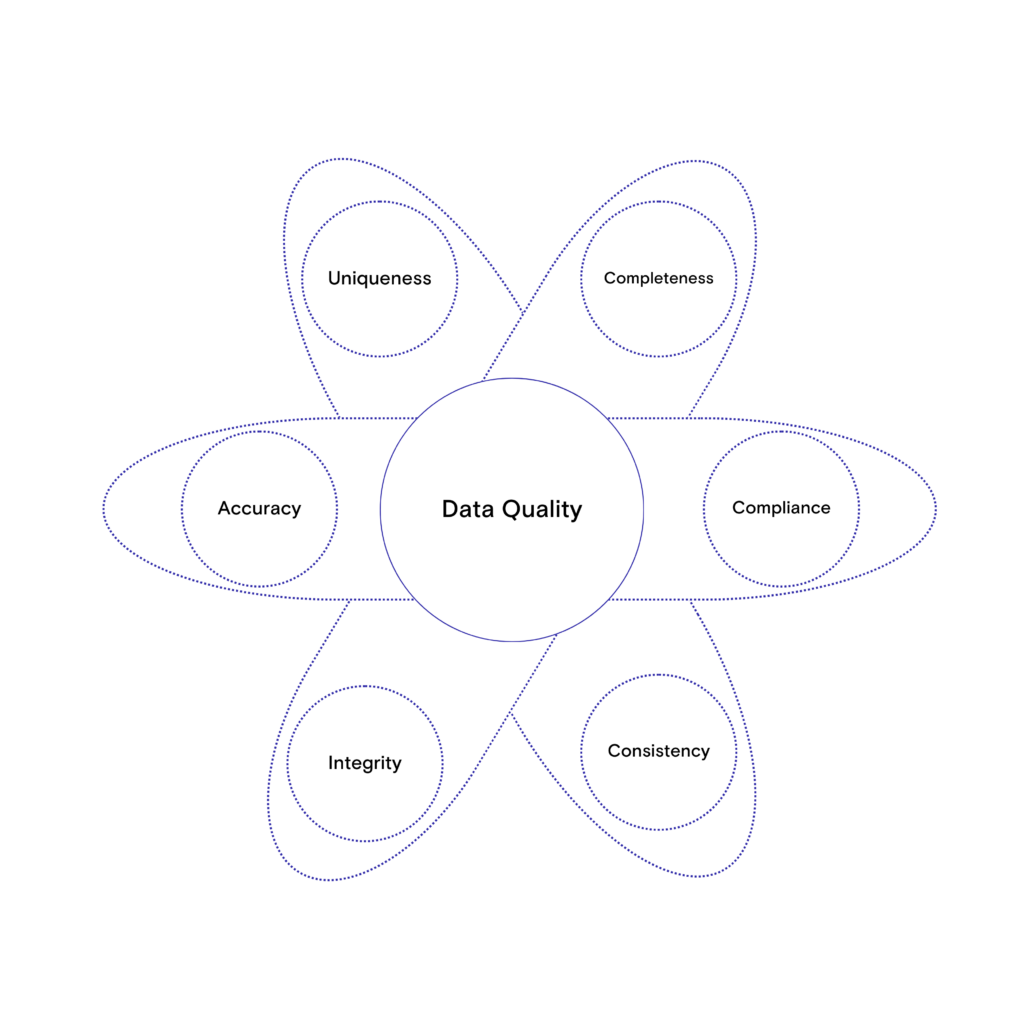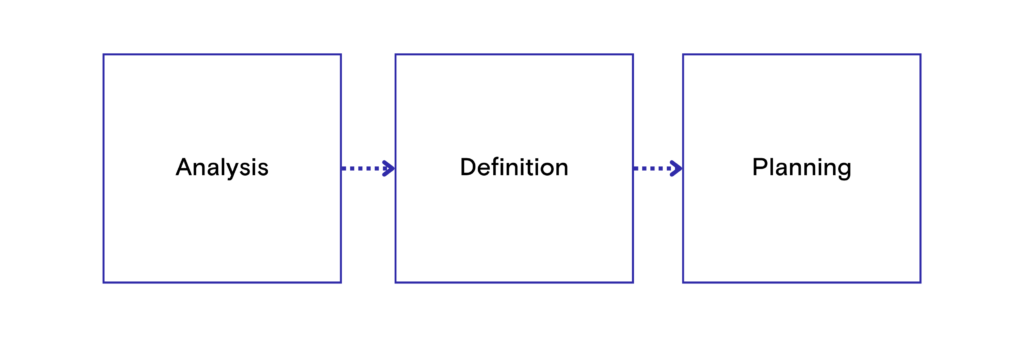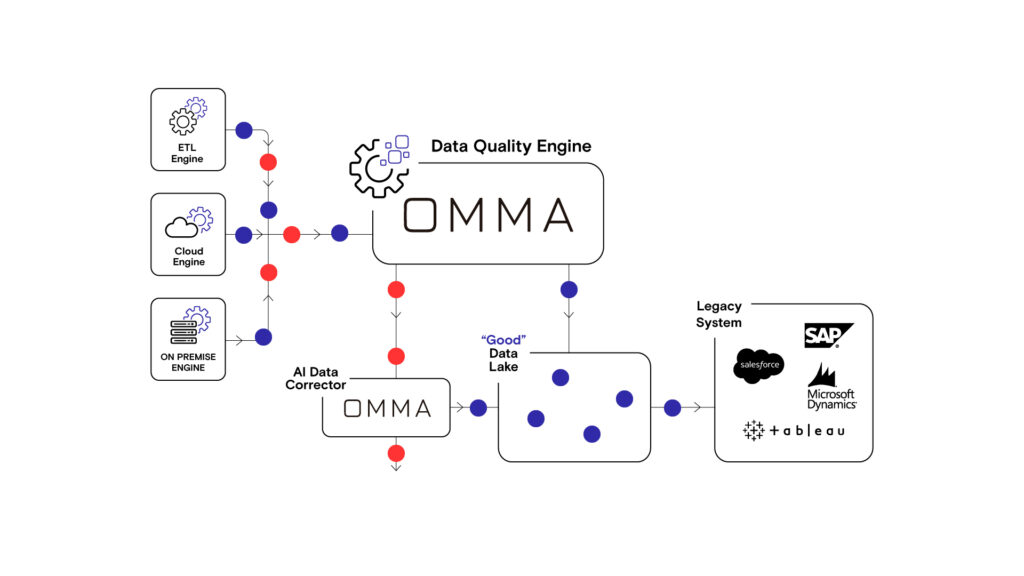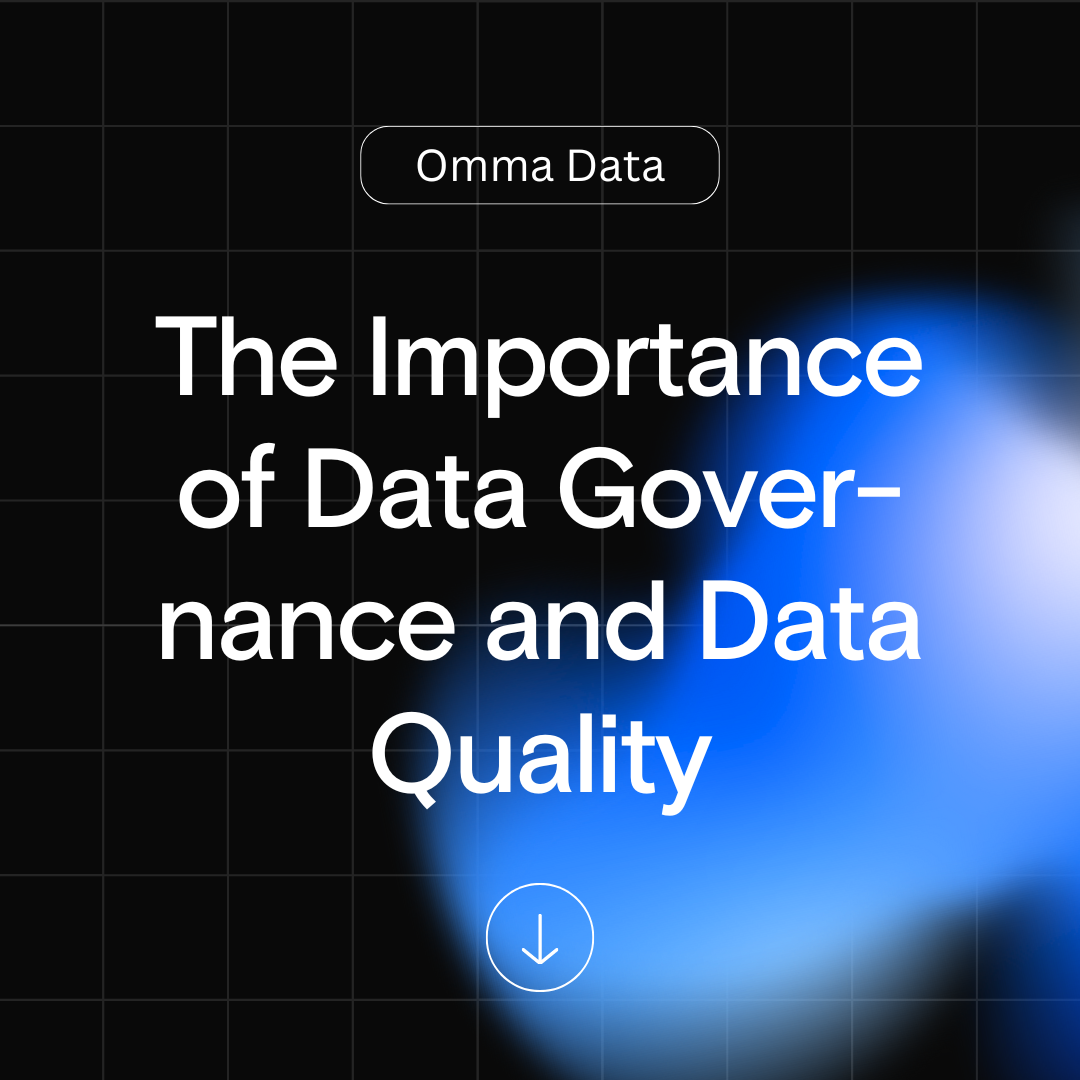Drivers of business success
Author: Roser Aviles
Technology is moving really fast and companies, which have found themselves compelled to adapt or perish, have discovered in data the fuel they need to drive their business and consequently their digital economy.
An increasing number of companies rely on data to carry out their daily tasks, resulting in an astronomical growth in the amount of data handled each day. So much so that data is considered the oil of the 21st century, and although it seems like it has been with us forever, it’s in recent years that 90% of the data existing today has been generated.
Quality and Data Governance
Why are data so important? Companies exploit this information in order to better understand their customer base and take their customer experience to the next level, create successful campaigns, understand and monitor their business, and so on. Therefore, data represent a very valuable asset for these organizations, which strive day by day to have more and more data. However, what good is all this massive information if we cannot ensure its quality?
While it is true that organizations seek to improve the exploitation of their data through the use of new technologies, which provide additional value to their business and position data as the main strategic asset (Data Governance), these efforts are useless if the data they handle is not reliable. In fact, just like oil, if data is not managed correctly, it can be harmful to companies. Companies can only extract real value from exploited data if it is reliable and of optimal quality. Only then will it be useful when making decisions.
With Data Governance, companies efficiently manage their data and increase its value. This streamlines decision-making within the company and improves its overall functioning. In this methodology, quality is one of the main pillars, as it helps to ensure the security and usability of the data managed in the decision-making process.
How can we ensure that the data we obtain is of quality?
To address this issue comprehensively, an analysis must be conducted for each of the 6 fundamental dimensions of data quality: Completeness, Accuracy, Integrity, Compliance, Consistency, and Uniqueness.

Data Quality depends directly on the data management strategy implemented in the organization, which, as mentioned earlier, is handled by Data Governance. For it to be effective, Data Governance should set data measurement indicators, establish who will be responsible for the data, define policies, processes, and governance bodies that will be established and involved across the organization, and ensure continuous improvement.
How to successfully implement Data Quality projects?
For this to be possible, it is necessary to start from methodological foundations gathered in three main pillars: Analysis, Definition, and Planning.
- Analysis involves conducting an assessment of the current state of the company’s data to determine the impact of erroneous data on the company’s decision-making process, as well as the efforts required to address it, either manually or by the organization’s development team.
- Definition entails establishing the foundations for the quality plan that the organization should adopt to work on the quality of its data.
- Planning establishes a long-term roadmap, aligned with the organization’s plans, that enables different business units to visualize and understand the importance of data quality.

Quality is synonymous of competitive advantage
Without a doubt, the greatest benefit of having good data quality in our business is the competitive advantage it brings. Managing reliable and secure data allows companies to quickly outpace any competitor and position themselves at the forefront of the race for business success.
Launching a good data quality strategy may seem like a daunting challenge, even for large corporations. However, nowadays, there are solutions that facilitate this process. OMMA, for example, is a solution based on Big Data, Machine Learning, and Predictive Analytics that, in a very straightforward manner, ensures data quality right from the start, precisely at the moment of ingestion and in real time. It is designed to be used by anyone in the company, including non-technical staff.

Difficulty is no longer an excuse to avoid establishing a good Data Quality strategy in any business. We live in times where we need to make use of data to evolve, but only by ensuring its quality can we truly make a difference.


